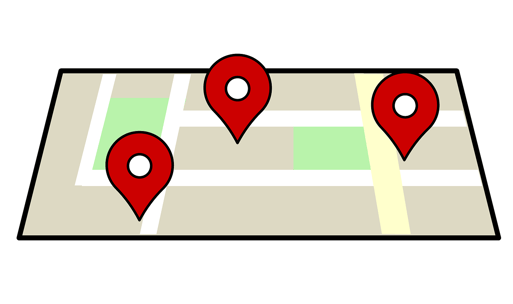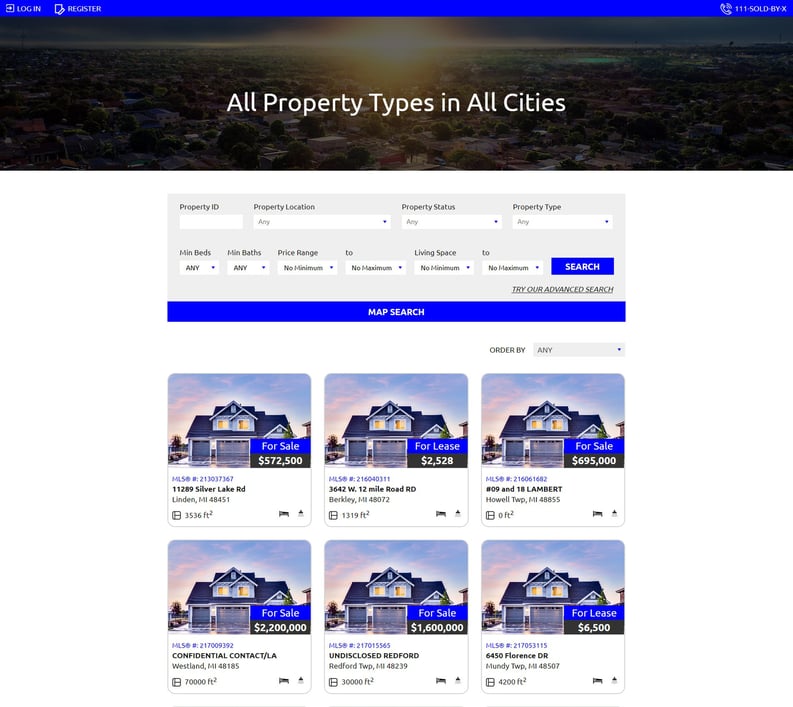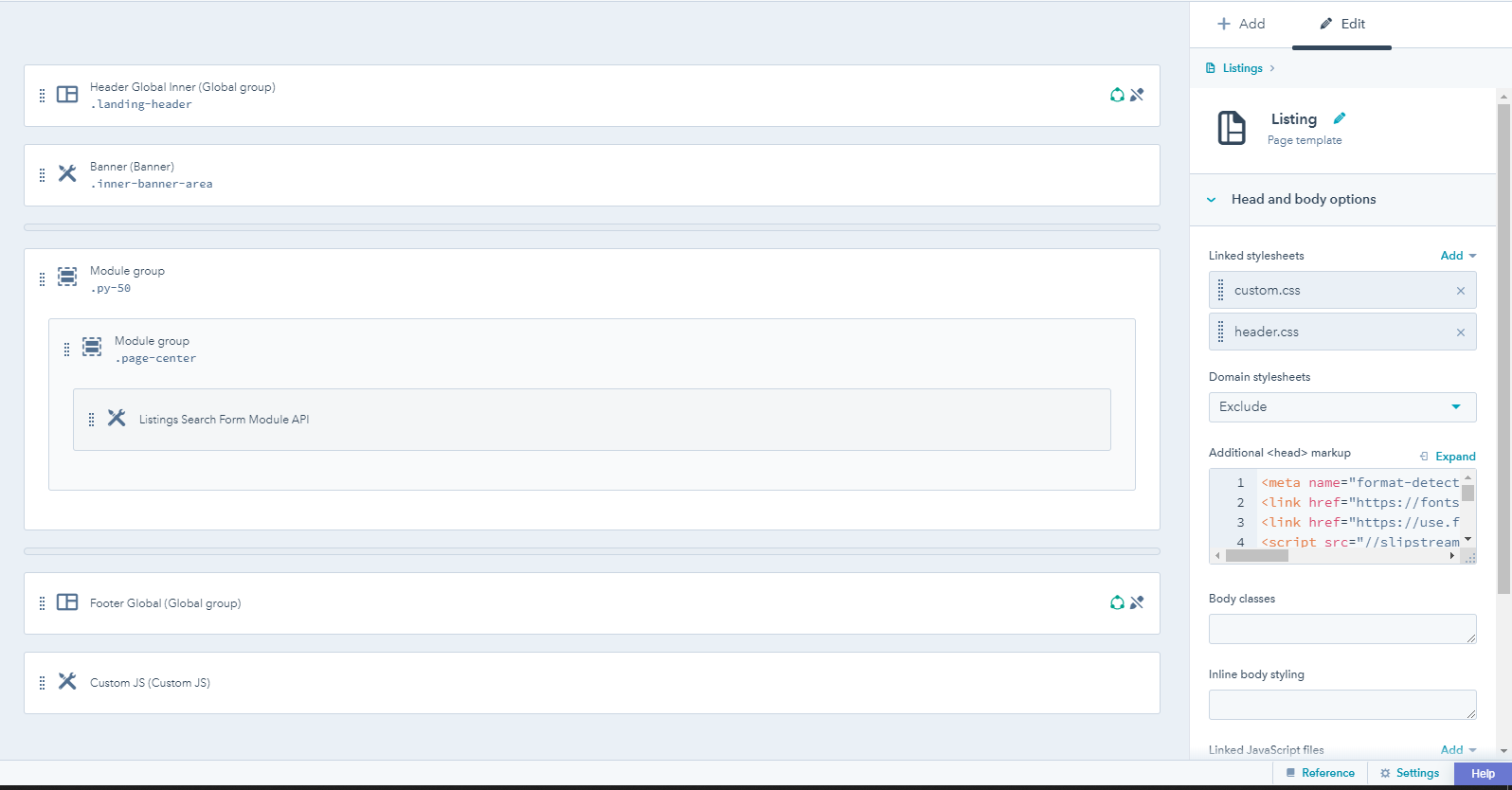Listings is the bread and butter of any real estate agent’s website. Having the functionality for website visitors to search a big database of properties is a great way for agents to keep site visitors on their website and build credibility.
Some New Technologies You Need To Be Aware Of

So when you inevitably look into how you could go about doing it, two terms will come up: MLX and IDX. Currently, it’s impossible to think of real estate without them. They’re related and vital to the core processes of online real estate that can keep things up and running according to today’s standards. This basically means that information about online real estate listings and your real estate properties could get maximum exposure and could be utilised efficiently.
Integrating Real Estate IDX listings with HubSpot

Listings is the bread and butter of any real estate agent’s website. Having the functionality for website visitors to search a big database of properties is a great way for agents to keep site visitors on their website and build credibility.
What Is The Technology behind Real Estate Listings On a Website?

All properties for sale in North America are listed centrally through a database called the Multiple Listing Service (or commonly referred to as the MLS). The MLS database is not accessible to everyone. Vendors work to gain compliance and pay a fee to get access to the MLS database. This access to the MLS database is through a feed called the Internet Data Exchange (or IDX). These technology companies then store the listing data on their servers and resell it to agents who want that data on their website. These companies are often called IDX Feed brokers. They offer easy-to-use technology to website builders and real estate agents who want that rich real estate listing data on their website, but can’t afford access to the MLS database themselves nor do they have the technical background to store and maintain the feed. Some examples of feed brokers are IDXBroker.com (a WordPress Plugin that lets you feed data to your WordPress website), iHomefinder.com (customizable feed generator) and Chime.me. These are just a few examples. There are probably close to a hundred more.
Statistics reveal that 50% of home buyers in the United States found the home they ultimately through the internet.
In a 2017 survey of homebuyers and sellers, the National Association of Realtors (NAR) found 42% of buyers begin their home search online, and 90% of sellers list their homes on the Multiple Listing Service (MLS). If buyers are turning to online resources, the online resources (ie. you) could up your game and make sure you’re offering what people are looking for. Here are some ways IDX will help you flourish your real estate business:
- Be Distinct To Your Audience
I know- it doesn’t make sense. How can data that is shared by multiple sites help you stand out? Well, comprehensive information like locations on maps, pictures of properties and getting the absolute latest and relevant listings smack on your front page is something to look out for! By implementing IDX, you’re being on par with the leading real estate websites that offer a plethora of information for people who look for it. - Capture more leads
With the relevancy and access to more people than just your own hard earned prospects, you could surely capture more leads. Moreover, different IDX integrations come along with different features and plug-ins, some of which include lead capturing forms and AI generated, personalised recommendations based on previous searches or features like “featured ads” with the latest or most in-demand properties on top. IDX can also send email alerts to visitors for updates about relevant property information or opportunities. - SEO Friendly
If you’ve done your proper SEO homework that should be done before launching your website and are keeping up with the good practices, including striking a balance between default and dynamic listings, your home-page content, and showing the right content for your target audience, IDX will put the cherry on top by making your listing pages indexable. If you have all the relevant and latest listings and keywords on your website, what else could you want?
Picking the right IDX Broker to Integrate with HubSpot
Suppose you or your client is a real estate agent and your website is in HubSpot. Naturally, to drive more conversions you want to have MLS listings on the website and you need an IDX Broker to lean on to make this happen. Rashed Alee, a senior project manager at Computan, suggested the following two major factors when selecting an IDX Broker to integrate with HubSpot.
- Cost - “Generally the more you’ll pay the more control over the feed you’ll have.” Said Rashed. Rashed suggested that if you pay a small fee for the feed license you might not have the ability to brand the listings or things will be co-branded with the feed vendor. Or, you might only be able to show a specific set of listings and not a wider inventory.
- Structure - “This is a big one.” Added Rashed. “Understanding how the feed is going to interact with your website is critical. Will you get widgets that you drop onto HubSpot pages? Maybe iFrame links? Or will you get third-party website URLs that you can brand to match your website?” No surprise the nature of the structure is related to cost. A more robust integration costs more than a simple one.
On the topic of cost and structure the ideal scenario would be to have something that allows for the physical data on listings from the IDX to be in HubSpot. This way you get access to all of HubSpot’s reporting, ease of use and lead intelligence whenever a lead visits the listings and pages. A simple, cheap solution would be to let the IDX Broker host the pages and use their tools to lightly brand them accordingly. The most robust, SEO-friendly and reliable solution is to have the listings and all pages nested in HubSpot.
Using HomeJunction to build Middleware and Store Listing Data in HubSpot
Computan has reviewed several IDX Brokers and have found HomeJunction to the be best provider for building/integrating real estate listings into HubSpot. HomeJunction’s Slipstream Real Estate Data API allows a developer to pull custom from a big library of data from HomeJunction’s IDX feed and display on any website. No Attribution is required and you can grab the data directly from HomeJunction and store on your website.
“With HomeJunction’s SlipStream Real Estate Data API developers can build data-rich applications and custom websites for the real estate industry. HubSpot is powerful marketing automation software and linking HomeJunction to HubSpot will help agents sell more property.’ Said Andrew Wilcox, HomeJunction’s CTO.
Here’s the approach you can take to use HomeJunction to build nested HubSpot pages out of real estate listings:
1 – Figure out what data you want from HomeJunction – The API library and data fields you can pull is pretty wide. Finding out what specifics you want to pull is key. Also note that the amount of data you pull can affect the speed of the site on a given page.
2 – Build your Middleware solution. This intermediary fetches data from HomeJunction and then formats the data to populate HubDB tables in HubSpot.
2 – Create your HubDB tables – Once you have the data laid out that you want to collect from HomeJunction it’s time to build HubDB tables with custom fields to welcome in that data from HomeJunction.
3 – Once your data is populated you can then pull and reference that data on new pages.
*Important note: HubSpot allows for 20,000 rows only in it’s HubDB tables. Therefore you will have a limit to the amount of listings/rows that you can show.
After talking to the design team to get an insight about how it really works, we were able to come up with a simple representation of the process:

- We get listings from HomeJunction to our custom application
- We create listings in HuSpot database through HubDB API
- We keep syncing HomeJunction with HubSpot
"Hubspot does not give access to back-end language so we need other work around to integrate Home junction service with Hubspot," Says Huzaifa Ahmed, the co-developer of the app. "We developed a custom app in PHP to get the listing data from Home junction and use HubDB API to add listings data to Hubspot Database."
Here is an example page of integration through custom application:

And here's how it looks like from the back-end:

It's all laid out for you...
You know the hows and whys and wheres now. If you've got an online real estate running right now, you may already be using IDX, but if you haven't thought of leveraging HubSpot, you better think again!




